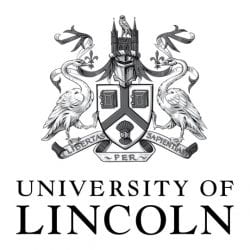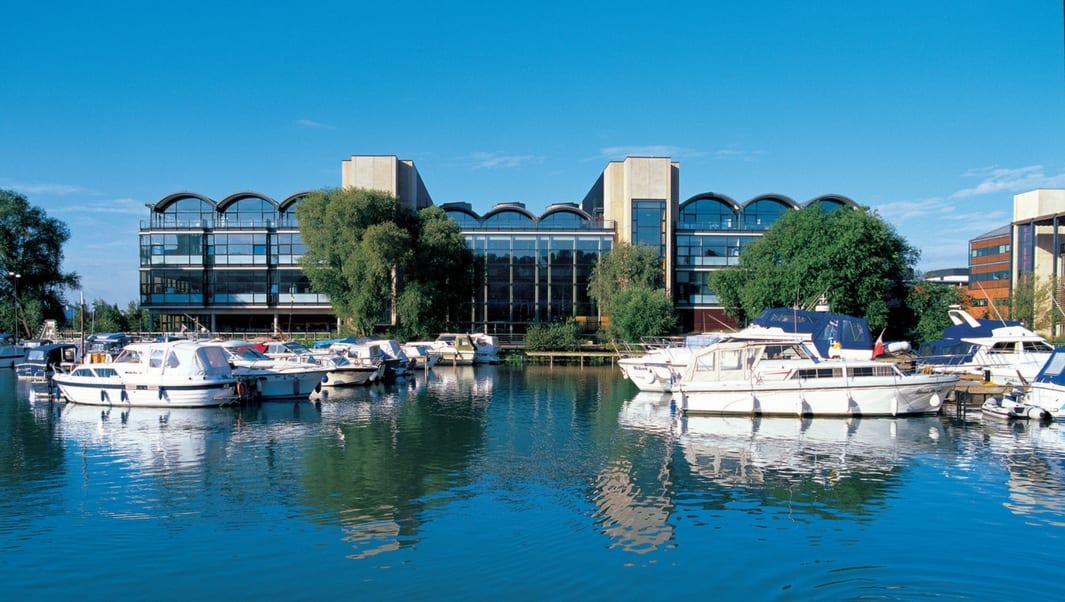An engineer who is building one of the most complex medical imaging systems ever developed has been recognised for his work by the Institution of Engineering and Technology (IET).
Nigel Allinson MBE, Distinguished Professor of Image Engineering from the University of Lincoln, has been awarded the J J Thomson Medal for his significant achievements in the advancement of electronic engineering including his work on complex medical imaging instruments for the optimum treatment of cancer using proton beam therapy.
The instrument uses the same proton beams that treat the cancer to create three dimensional images of a patient’s internal anatomy. These images can then be used to help reduce dosage and targeting errors during therapy by showing how radiation interacts with the tumour site.
Accurate proton CT images have been dubbed the ‘Holy Grail’ for this form of treatment, potentially making it a viable option for many more cancer patients, especially children.
Earlier this year, he was awarded a £3.3 million grant from the UK’s Engineering and Physical Sciences Research Council (EPSRC) to build OPTIma* (Optimising Proton Therapy through Imaging), one of the most complex medical imaging systems ever developed. It will be installed in the research room at the new NHS proton beam therapy centre at The Christie in Manchester.
His team also developed the world’s largest CMOS imager for medical applications, which in turn led to the formation of ISDI Ltd – a leading CMOS design house.
In addition, his work on the transmission of fingerprints from crime scenes to bureaus is used by UK Police, reducing time-to-indent from days to minutes.
The IET Achievement Awards, which took place on Wednesday 14 November 2018, provide over £1million in awards, prizes and scholarships to celebrate excellence and research in the sector and encourage the next generation of engineers and technicians.
Professor Allinson said: “I am humbled to be recognised alongside incredible engineers and technicians for the work we do to advance the world around us. These innovations have the power to make an incredible difference to people’s lives and it is an honour to be recognised for my contribution.”
Professor Allinson joins 14 other winners, who were nominated by their peers as leading engineers and technicians in their field. Mike Carr, IET President, said: “We are honoured to present these talented individuals with our top Achievement Medals. They have each excelled in their professions and have made a vast contribution as pioneers of important areas in the engineering and technology industries. They should all be very proud of their achievements – with each award being extremely well-deserved.”
Find out more about the Achievement Awards here: www.theiet.org/achievement.










